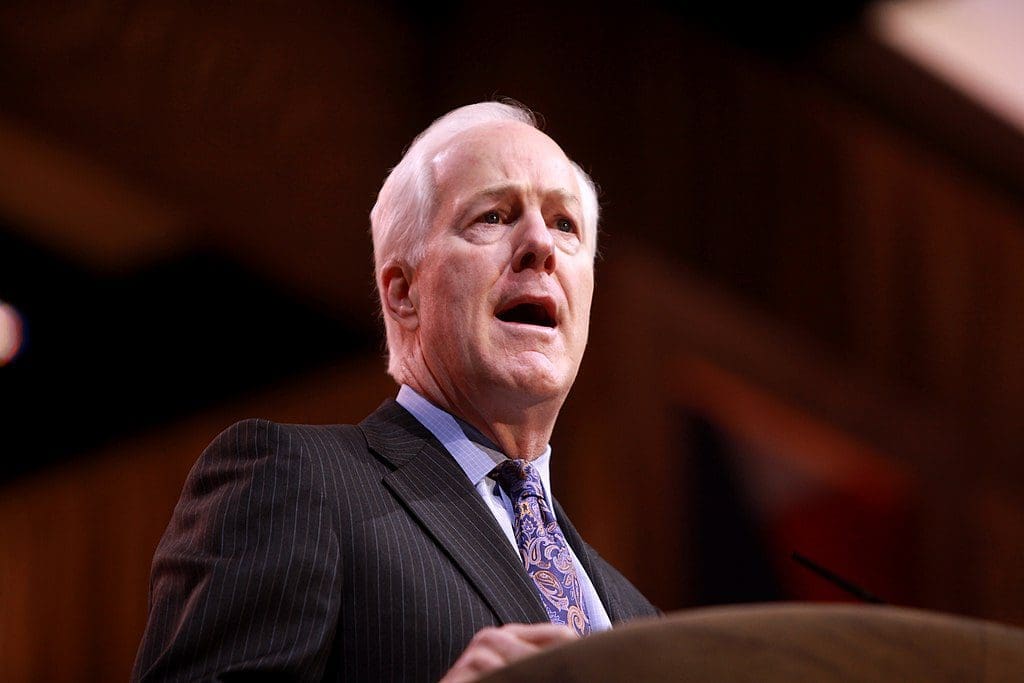One of the first bills I filed as a Texas legislator was to end taxpayer subsidies for the film industry in Texas. My reasons for wanting to end film subsidies are fourfold: 1) these subsidies provide poor economic returns and are not economically feasible; 2) the vast majority of jobs created by these subsidies are temporary; 3) Texas has actually seen a decline in the quality of films produced in Texas; and 4) propping up the film industry is not a proper function of government, especially with last year’s revelations that the entertainment industry has a culture of mistreating women.
Texas began offering film subsidies in 2007, when budgetary funds for excessive programs were plentiful. There wasn’t a compelling reason for the subsidies; rather, they were created in response to a nationwide fad that saw the creation of over forty film subsidy programs across the country in just a few years. Texas started its program late, though, and since their peak several years ago, several states, having seen poor economic results, have ended their subsidy programs. Most recently we saw Alaska, Michigan, and Illinois ending film subsidies in their states. They saw an “incentives arms war” on the horizon, where states race to the bottom to see who can spend more money on incentives to appease producers, and they didn’t want any part of it.
A report published by the Texas Comptroller’s Office showed that the vast majority—86%, to be exact—of the jobs “created” by the subsidies are temporary, lasting only as long as production does and evaporating soon after that. Indeed, a report by the Center for Budget and Policy Priorities showed that for film-subsidy states, “[j]obs for in-state residents tend to be spotty, part-time, and relatively low-paying work . . . that is unlikely to build the foundations of strong economic development in the long term.”
Texas has seen a drop in the quality of films produced in our state. Before subsidies were introduced Texas was home to award-winning movies such as Robocop (1988), Selena (1997), No Country for Old Men (2007), and There Will be Blood (2007). Conversely, very few hit films have been produced in Texas since the subsidy program began. Taxpayers have been forced to fund subpar entertainment such as Mongolian Death Worm (9% rating on Rotten Tomatoes), Spy Kids 4 (22% rating on Rotten Tomatoes), and $11.1 million collectively on three television shows that were cancelled after one season—and that’s just the tip of the iceberg.
Finally, propping up the film industry does not fall within the proper role of government. Because of its nature, government tends to produce lesser-quality works than the free market (think U.S. Postal Service vs. FedEx). Rather, government exists to ensure that life and liberty are protected, that infrastructure like roads and water are adequate, that our children receive a solid education, etc. Taxpayers aren’t happy when their hard-earned dollars are used to prop up an industry that should stand on its own two feet. They rightfully express outrage over an entertainment industry that is well known for attacking their values and belief systems. Recent revelations of a culture that permits sexual abusive of women makes this use of taxpayer funds even more offensive.
The real path to economic growth and prosperity is, and always will be, through the Texas model—keeping taxes low, practicing limited government, and fostering an economic climate that’s friendly towards businesses and stable families. That is why our Texas economy is booming. Milton Friedman highlights this truth in a story he tells about an overseas trip where he noticed throngs of construction workers manually digging a canal on the side of the road. He asked his hosts why modern construction equipment wasn’t being used instead. The host explained that this was a government jobs project, bragging about how many jobs they created. In his classic style, Friedman matter-of-factly replied, “Oh, I thought you were trying to build a canal. If it’s more jobs you want, then you should’ve given these workers spoons—not shovels.” He was being facetious, of course, but his point had been made.
Our state government should not subsidize jobs simply for the sake of subsidizing jobs, and that largely seems to be what we’re currently doing with the film industry in Texas.
This is a commentary submitted and published with the author’s permission. If you wish to submit a commentary to the Texas Scorecard, please submit your article to submission@empowertexans.com.




